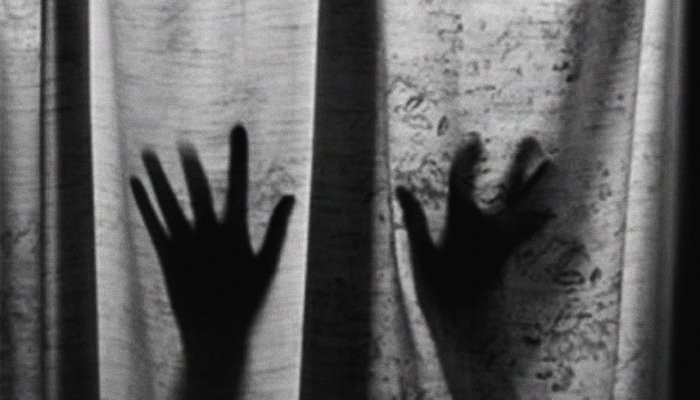
Law enforcement agencies need to move to crime scene investigation method

Article 14 (2) of Constitution of Islamic Republic of Pakistan prohibits torture. Pakistan is also a signatory and has ratified UN Convention against Torture (UNCAT) since 2008. There are many penal provisions in PPC and Police Order as well as Police Act KP for prohibition of torture. Yet it happens abundantly and it has seeped in to social acceptability and ironically social humour.
This acceptability of violence in custody springs from a deeper asymmetrical misunderstanding of ‘crime and punishment’. Torture to an accused is assumed to be justifiable and often just. The judiciary often looks the other way whilst granting Physical Remand, knowing that physical remand means the accused will be tortured. It is punishment before conviction. It has often happened that an adversary is wrongfully accused and then the police is used as an instrument of settling a score.
Punjab Police is infamous for its use of torture and it is breezily said that they are the most ‘trained’ force to extract confessions of crimes done or not done. This social acceptability of torture for the purpose of investigation alienates the one in distress -- the victim silently screams at this inhumanity.
Custodial torture by any law enforcement agency is often believed to be an effective deterrence against crime. This belief lies at the core of perception of police being a symbol of fear rather than a state service and responsibility. The skewed religious dogmatic narrative of physically harsh punishment being the legal theory of Islamic law has reinforced this belief. Law enforcement agencies including the police, therefore, operate in this torture-friendly environment with an unshakable confidence.
I remember the iconic TV series of 1980s aired on PTV, Andhera Ujaala. I still recall that particular phrase "drawing room" uttered with lilting Punjabi accent by the brilliant actors, for indicating a room where police would beat the hell out of an accused. As viewers we knew that the accused in a particular episode was guilty so we relished the vicarious pleasure of a good thrashing.
The popularity of that TV series, notwithstanding the entertainment value, rested on social acceptability of torture as punishment.
As a young civil servant I once got a chance to visit a police investigation. It was an Eid day and my friends had to oversee an investigation of motorcycle snatching. I saw that investigation and remember the awful screams of the accused who was tied with a rope, his feet up in the air and a dangerous looking policeman hitting his soles with full force. My Eid was ruined and so was my young friend’s who was overseeing the investigation. That day left me with a scar and a hatred for torture.
Human rights activists approach the problem of custodial torture by advocating criminalisation of torture. It is a criminal offence and violation of fundamental rights. It carries a sentence of 5 to 10 years depending on the legal framework being applied. Yet, in my humble opinion, it is the wrong approach.
The core reason for inflicting torture on an accused is to extract confession not only of the crime but to collect all the necessary evidence. Confession of a crime in custody is often not admissible in courts unless it is corroborated by ocular and other circumstantial evidence. The real story of the committed crime is investigated through inventive means of torture.
It is the only tried and tested investigative method available to police and law enforcement. The investigation begins with torture and rest including establishing mansrea follows. It is because we do not have enough legal value allotted to forensic evidence as primary evidence to prove a crime. The ocular evidence is often unreliable and a good defense attorney can easily create doubts and dent the prosecution’s case.
Police knows that they build a case piece by piece and there are many torture sessions. I do believe that the police often is correct when they arrest an accused especially in case of heinous crimes like murder and dacoity. I also believe that when the magistrate grants physical remand she/he is also convinced that police has a case.
The blame is then laid squarely on the police that it is brutal. I believe that police is not brutal. The system does not allow decent and intelligent criminal investigation; the criminal justice system is brutal, not the police.
Pakistan will again be legislating soon. The new governments with their new manifestos will try to reform criminal justice system. Therefore, it is an opportunity to do it right this time. Criminalising torture is not good enough, has not been good enough. The primacy of forensic evidence and the capacity to collect it needs to be strengthened by amending Qanun-e-Shahadat and other legal instruments. There can be re-run of Andhera Ujaala but not the ‘drawing room’ type but like the CSI (crime scene investigation) type. I believe that it will be a super hit.